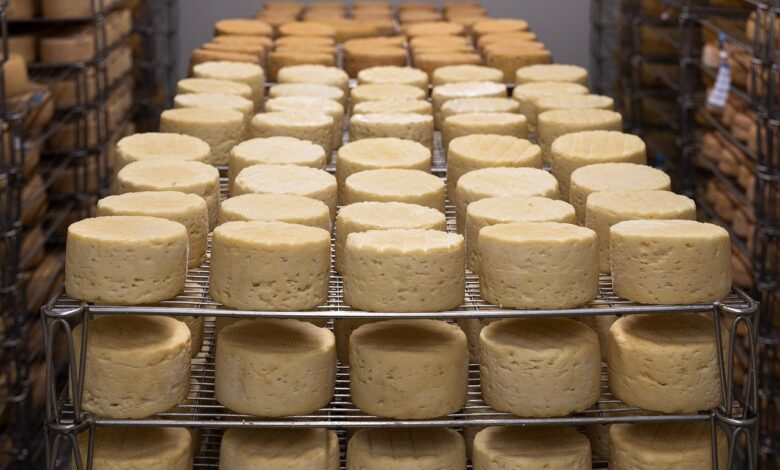The solution to unemployment lies in the growth of micro, small, and medium enterprises (MSMEs).

After agriculture, MSMEs provide the most employment in the country. There are approximately 6.34 crore MSME units in India, comprising about 6.30 crore micro, 33 lakh small, and 5,000 medium enterprises. As per recent data, this sector contributed 36% to the country’s total manufacturing in 2020-21. Their contribution to India’s total exports was 49.4% in 2020-21, which decreased to 43.6% by 2022-23. According to government figures, the organized and non-agricultural sectors are predominantly dominated by small units, where on average, 2 people work. Their contribution to India’s GDP is slightly over 6%, but they employ 19% of the country’s workforce. According to a news report, in the past 7 years, 18 lakh unorganized industries have closed in the manufacturing sector, leaving 54 lakh people unemployed. These figures are based on surveys conducted by the National Statistical Office (NSO).
In recent years, the Indian government has implemented various policies and schemes to boost MSME production, aiming to increase their contribution to GDP by up to 50%. Currently, the biggest challenge facing this sector is the conversion of micro units into small and medium enterprises. Despite all government support, this sector is grappling with several regulations that were intended to facilitate their operations.
Last year, the central government enacted a law requiring MSME units to be paid within 45 days. Failure to comply would be considered part of their income. However, most businesses are unaware of this rule. The textile industry is a major component of this sector, where the tradition of payment within 90 days is longstanding. Reports indicate that this practice is causing difficulties in business and increasing distrust. According to a report, due to this law, 40,000 units in Gujarat have terminated their registration as MSMEs. Business owners argue that this rule was not made with practical ground realities in mind. Mutual distrust among such businesses is affecting business operations. Business owners have urged the government to reconsider this rule.
If businessmen are unable to pay the bank’s scheduled payment or loan within 90 days, then NPAs are declared on them. This creates significant difficulties in operations. Business owners have demanded an extension of this period to 180 days. Additionally, units in this sector face considerable challenges in obtaining loans from banks. The cost of completing documents and Chartered Accountant (CA) fees makes it difficult for small units to borrow from banks. This is why their share in total loans given by banks is only 28%, a matter of concern for the Reserve Bank of India (RBI). As a result, these small units often have to borrow at higher interest rates from the market, increasing costs and weakening their ability to compete. Consequently, units in this sector continue to shut down.
On a global scale, India significantly lags behind in terms of total domestic production in the MSME sector. While this sector contributes 50% to total domestic production globally, its contribution in India is merely 38%. If the Indian government aims to make the country a developed nation, it must go through the MSME sector. Expanding the MSME sector is the most authentic and effective way to alleviate rural distress and unemployment issues. Large industries cannot provide employment or mitigate income disparity. One of the major organizations in this sector, India MSME, has urged the government to allocate a dedicated fund of ₹5,000 crores in the upcoming budget for the development and global marketing of this sector. The organization believes that this will help the sector become competitive globally and provide assistance in technological advancement.




